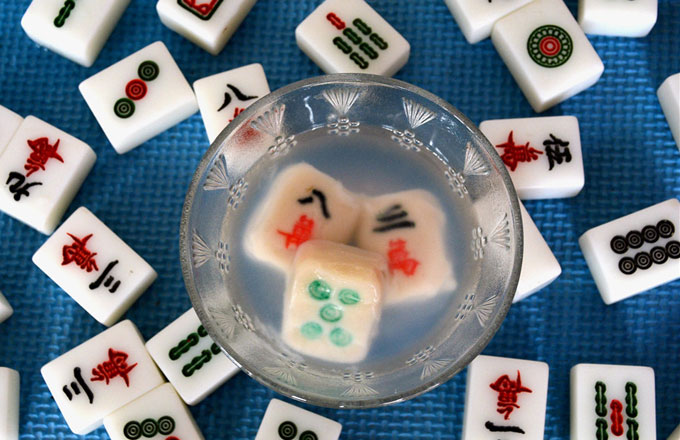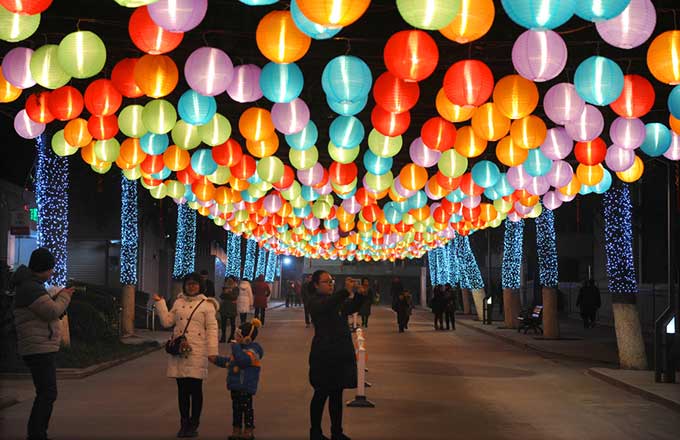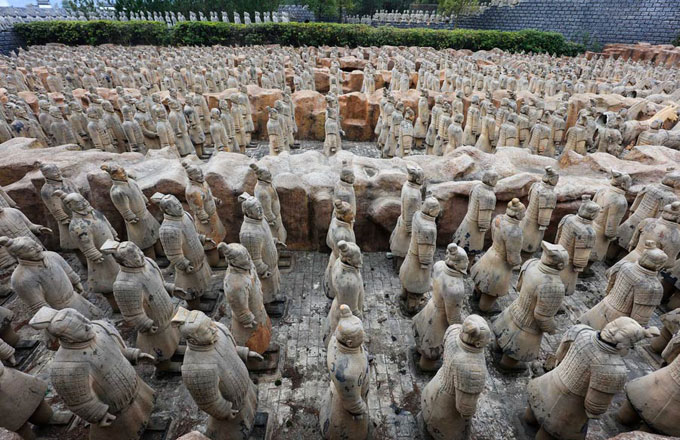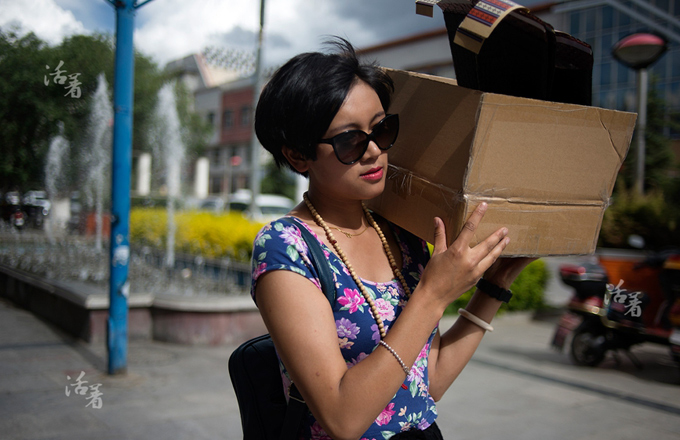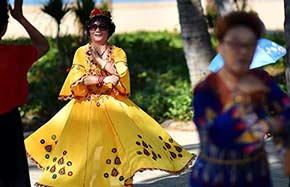Shanghai Zoo takes in 1,000 animals a year
From a giant salamander to a spotted deer, and both red and white foxes, Shanghai Zoo has taken in more than 1,000 animals deserted all over the city in the past year alone.
An elderly woman called the zoo recently, saying: "Please take a giant salamander from my home. I bought it because people said eating it would bring me longevity, but it keeps on crying so much that I can't fall asleep."
Shanghai Zoo is responsible for taking in rare species of wild animals from around the city. A zoo keeper surnamed Chen said she and her colleagues drove to the elderly woman's house to collect the giant salamander.
The zoo works closely with wildlife rescue stations in Shanghai. It also receives protected animals confiscated by the police, as well as those found or deserted by the public.
Chen said that from time to time, certain animals are seen as fashionable to have as pets, which often results in specific waves of deserted species. For example, one year saw lots of turtles coming in, while another saw more reptiles and parrots.
The zoo has received 14 foxes in the past year alone, Chen said, adding that most of them were once kept as pets by locals, who found foxes unsuitable as household pets after they reach puberty.
"Male foxes have a strong scent, make lots of noise and can become aggressive," Chen said, explaining why the seemingly cute cubs are far from ideal pets.
Chen and her colleagues at Shanghai Zoo have taken in animals that are first-class national protected species, such as an Oriental white stork and a Chinese crocodile lizard. They have also received animals listed by the Convention on International Trade in Endangered Species of Wild Fauna and Flora, such as Siamese crocodiles, Bengal monitor lizards and slow lorises. Some species, such as an African spurred tortoise, are entirely new for the zoo and have presented zookeepers with new challenges.
According to Chen, the zoo has taken in more than 1,000 animals every year since 2015, leading to the zoo becoming overcrowded.
The Shanghai Observer reported that wild animals, including protected species, are often sold at local pet shops, including macaques and more exotic animals such as lizards and parrots.
Often people find the animals difficult to look after, so they end up at the zoo.
The zoo calls on the public not to purchase or keep wild animals against the law. "If you are interested in exotic pets, first you need to learn more about them," Chen said.
If people learn about illicit trading of wild animals, they should contact the police immediately, rather than buying the animals themselves and then passing them on to the zoo, or even worse, returning them to the wild, she said.
Animals taken in by the zoo go through a process of vaccinations, quarantine and medical treatment in case of injury or disease. If they are a local species, staff release them back into the wild when they are recovered and in a suitable condition.




